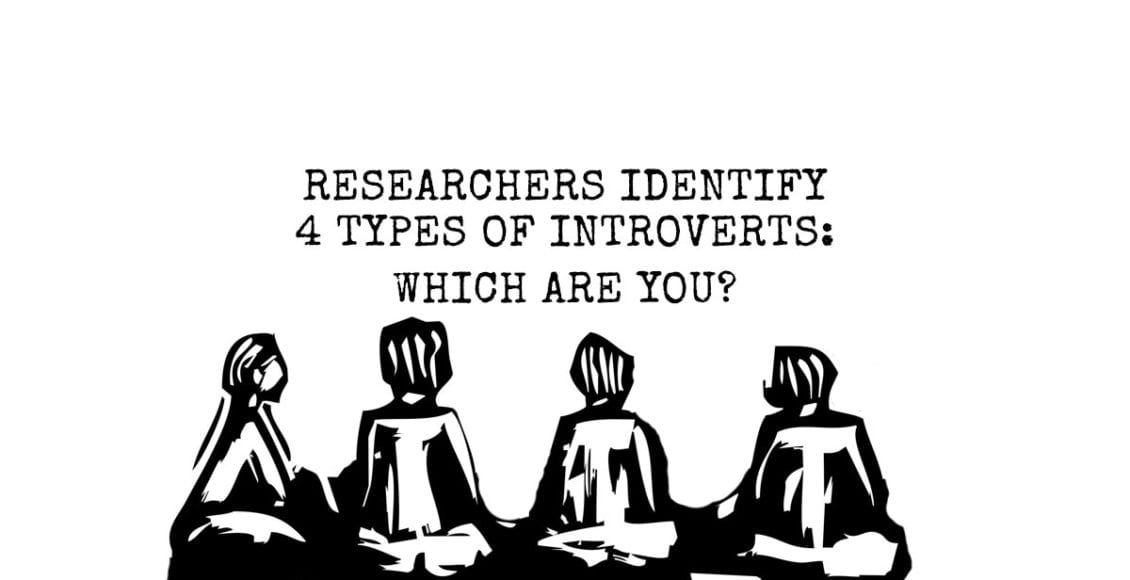When we think of introversion, we often picture a single archetype: quiet and introspective, shy and socially anxious, with a great deal of depth and originality of thought.
However, introversion is much more complex than this. It is a personality trait that can manifest very differently depending on the context of individual personality and environment.
Just as extroverts can be outgoing in a million different ways, introverts can reserve themselves in different styles.
In fact, psychologist Jonathan Cheek of Wellesley College was able to identify four types of introversion: social, thinking, anxious, and restrained. He named this the STAR Model, creating the acronym from the first letter of each type. Although they each share a tendency to look inward rather than outward for fulfillment, each type has a unique set of traits, and as such interacts very differently with the world.
These are the four types of introverts identified in the STAR Model:
1. Social Introverts simply prefer to interact with other people in small groups.
They avoid crowds, and see little value in attending busy parties and making small talk with strangers. However, they are not shy. In fact, they truly enjoy interacting with others one-on-one. Their aversion to large groups is based on their personal value system, and is not at all driven by anxiety or insecurity. Social introverts enjoy solitude more than most people, and need lots of alone time to feel reenergized and at peace with the world.
2. Thinking Introverts can be trickier to identify, because they do not share the aversion to social events that characterizes most other types of introversion.
However, they are deeply introverted in their capacity for introspection, self-reflection, and deep thought. These types of introverts are unusually creative and prone to fantasy and imaginative play. These are the artists, the dreamers, and the free-thinking spirits of our world.
3. Anxious Introverts are, surprisingly, the only type to be characterized by an actual dislike for social interaction.
Because of their keen self-awareness and capacity to look inward, they feel much more self-conscious than most when they are in a social setting. These types are perfectionists. Their brains work in overdrive, which makes these introverts prone to rumination and self-doubt. Although they are highly intelligent and very sensitive to other peoples’ feelings, this type struggles most to connect with those around them.
4. Restrained Introverts are often described as deliberate, reserved, and purposeful.
They are the opposite of impulsive, and never fail to think before speaking or taking action. This mindset causes them to move at a slower pace, but rarely in the wrong direction. These are the most thoughtful category of introverts, but also the most cautious. It is often difficult to get a restrained introvert to try new things or make serious commitments. When they do commit to something, however, it is usually for life.
They are the opposite of impulsive, and never fail to think before speaking or taking action. This mindset causes them to move at a slower pace, but rarely in the wrong direction.
These are the most thoughtful category of introverts, but also the most cautious.
It is often difficult to get a restrained introvert to try new things or make serious commitments. When they do commit to something, however, it is usually for life.
Still not sure where you fit in? Here is a quiz to help you determine which type describes you best. Become familiar with your brand of introversion, and don’t apologize for your unique set of needs and personality quirks. As Susan Cain wrote, “Solitude matters, and for some people, it’s the air they breathe”



